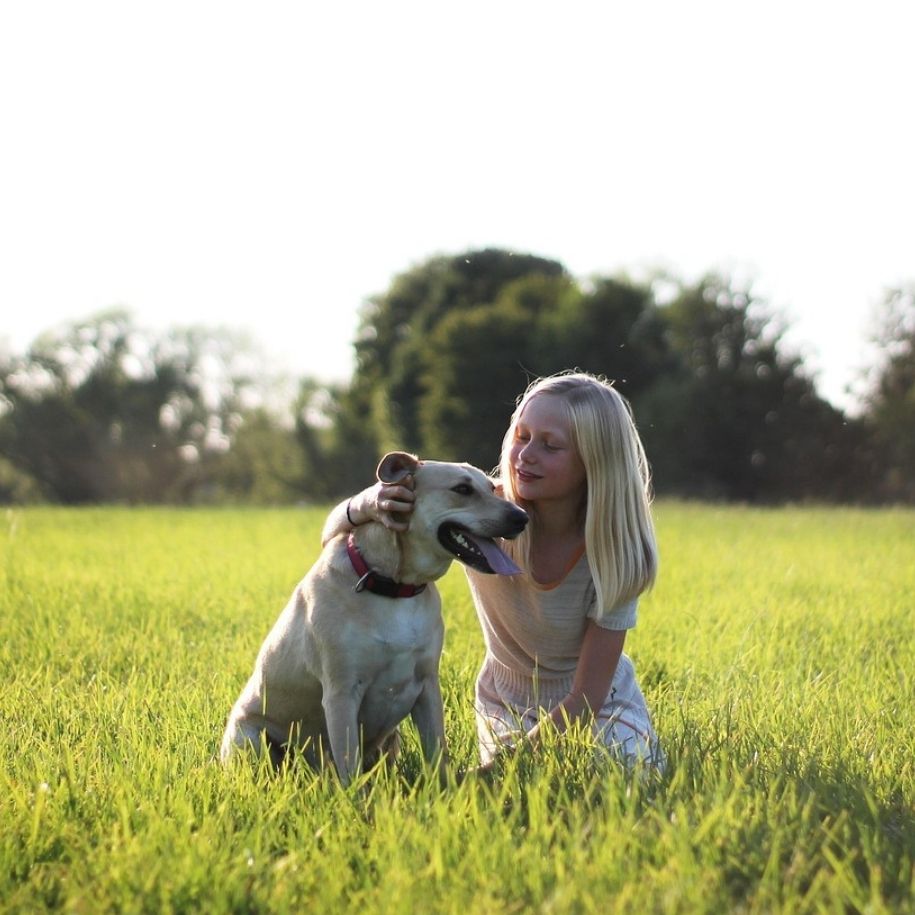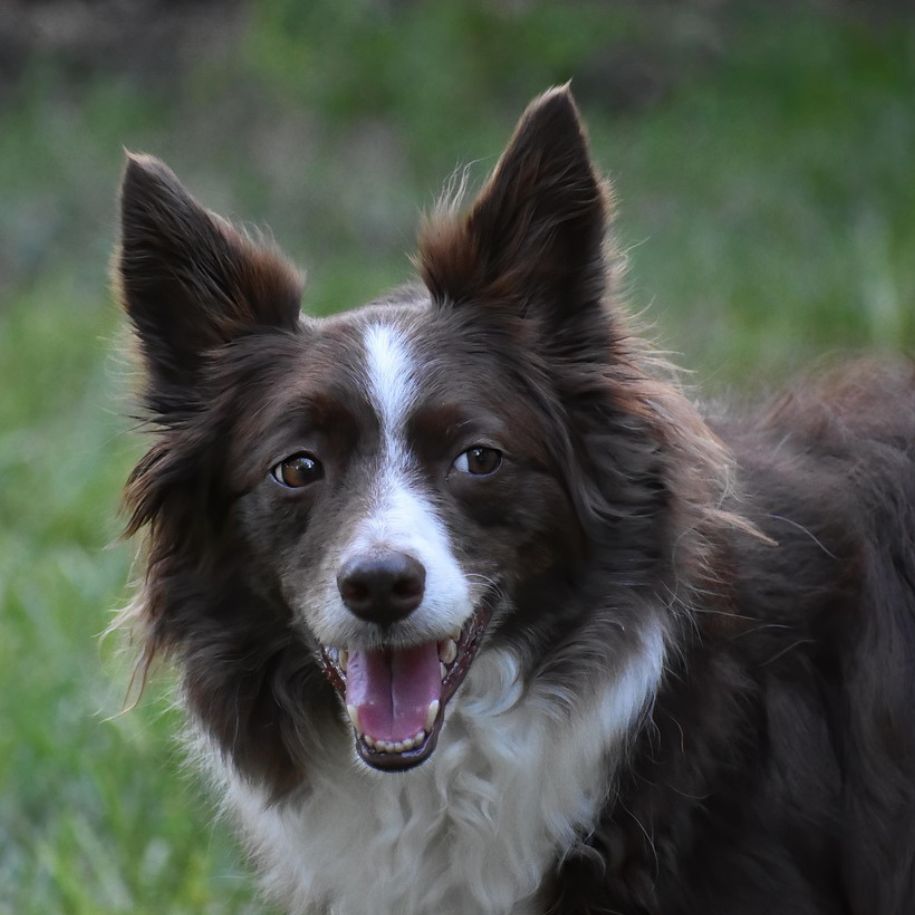Yorkshire Terriers—often called Yorkies—are one of the UK’s most popular toy breeds. These small dogs pack big personalities into their tiny frames, making them a top choice among companion animals and a truly fashionable pet. Whether you’re researching a yorkshire terrier puppy or learning more about adult yorkshire terriers, this easy-to-read guide covers everything from yorkshire terrier temperament to care tips, health advice and kennel club credentials.
Fast Facts at a Glance
-
Breed group: Toy dog (pedigree breed)
-
KC recognition: Recognised as a pedigree breed by The Kennel Club (UK)
-
Origin: United Kingdom (England)
-
Original role: Bred in 19th-century Yorkshire to catch rats in textile mills and mines
-
Breed type: Small toy terrier
-
Nicknames: Yorkie, yorkshire terrier
-
Size: Small dog
-
Height: Males & Females: approximately 18–23 cm
-
Weight: Males & Females: approximately 2–3.2 kg
-
Lifespan: Average 12–15 years
-
Coat: Long, fine, silky single coat (hair rather than fur)
-
Colours and markings: Steel blue and tan (traditional); variations may include darker blue or silver tones
-
Shedding: Low (minimal shedding but high grooming needs)
-
Exercise needs: Moderate, Around 20–30 minutes of daily physical activity plus mental stimulation
-
Energy level: Medium (playful and active in short bursts, enjoys indoor companionship)
-
Barking: Moderate to high, Alert watchdog tendencies and may bark at unfamiliar sounds
-
Grooming: High maintenance, Daily brushing recommended, Professional grooming every 6–8 weeks common in the UK
-
Trainability: Moderate, Intelligent but sometimes stubborn, Responds best to consistent positive reinforcement
-
Best for: Flat living, small homes, older children, owners who can commit to grooming and regular companionship
History and Origin
The story of the Yorkshire Terrier starts in 19th‑century England, when resourceful Scottish weavers moved to Yorkshire and Lancashire mills. They crossed quick little Scotch Terriers, fearless Clydesdale Terriers, and other sturdy ratters to create a dog that could chase rodents through tight looms and coal mines. Early workers prized the breed’s long silky coat, which they often kept trimmed to avoid loom accidents.
One famous ancestor, Huddersfield Ben, wowed show crowds and fixed the breed standard: a compact body, blue and tan colouring, and confident Yorkshire Terrier temperament that balanced spunk with charm. In 1886 the Kennel Club officially recognised the Yorkie, and soon the first breed club—now the Yorkshire Terrier Club—helped refine style and health guidelines.

Yorkshire Terrier Temperament
The Yorkshire Terrier may weigh only a few kilograms, but its personality is bold, intelligent, and surprisingly fearless. Originally developed in 19th-century Yorkshire to catch rats in textile mills, the breed retains its terrier confidence and sharp awareness.
Key temperament traits include:
-
Affectionate and devoted: Yorkshire Terriers thrive on close companionship and enjoy cuddling just as much as playtime.
-
Alert and vocal: They make excellent little watchdogs and will quickly alert you to unfamiliar sounds. Early training is important to prevent excessive barking.
-
Confident and bold: Yorkies rarely recognise their small size and may challenge larger dogs without hesitation.
-
Intelligent but independent: They learn quickly but can be stubborn if training is inconsistent.
-
Sensitive: Harsh correction can damage their trust. Positive reinforcement works best.
In a UK household, they adapt well to flat living, smaller homes, and city environments. However, they do not enjoy being ignored or left isolated in the garden. They prefer to be indoors, close to their family.
With proper socialisation from puppyhood — exposure to different people, children, dogs, and everyday urban sounds — Yorkshire Terriers grow into confident, well-adjusted companions.
Yorkshire Terrier Grooming
One of the Yorkshire Terrier’s most distinctive features is its long, silky coat. Unlike many breeds, Yorkies have hair rather than fur, and they do not have a thick undercoat. This means they shed very little, but grooming requirements are significantly higher. If left unbrushed, their fine hair tangles easily and forms painful mats, particularly behind the ears, under the legs, and around the collar area.
A proper grooming routine should include:
-
Daily brushing: A soft slicker brush or pin brush prevents tangles and distributes natural oils.
-
Professional grooming every 6–8 weeks: Many UK owners choose a practical “puppy cut” to reduce maintenance.
-
Regular trimming around the eyes: Prevents irritation and tear staining.
-
Bathing every 3–4 weeks: Use a gentle, moisturising dog shampoo to protect the coat’s texture.
-
Weekly ear checks: Their small ears can trap wax and debris.
-
Daily dental care: Yorkshire Terriers are particularly prone to dental disease due to crowded teeth.
Because they lack an insulating undercoat, Yorkies are sensitive to cold weather. In the UK, especially during winter months, a warm dog jumper or coat is often necessary during walks.

Although grooming requires commitment, many owners enjoy the bonding time that brushing provides. Maintaining coat health also helps reduce skin irritation and discomfort.
Common Health Problems in Yorkshire Terrier
Your feisty little Yorkie may look like a fashionable pet with that floor-length, steel-blue and rich-tan silky coat, but beneath the glam they’re still a terrier—all high energy, bold personality and, like many toy breeds, a few special health quirks. Understanding those quirks early lets you keep your Yorkshire Terrier puppy bouncing happily well into senior life.
1. Patellar luxation — the wobbly kneecap
Small stature and a narrow thigh bone make Yorkies prone to a kneecap that pops out of its groove. You might see a sudden skip during daily walks or after an energetic game of fetch. Mild cases often respond to weight management, joint supplements and low-impact exercise; severe cases can need surgery. Ask your veterinarian to grade the luxation at each annual check-up.
2. Tracheal collapse — that honking cough
Because the trachea in many small dogs is softer than in larger dog breeds, adult Yorkshire Terriers sometimes “honk” when excited. A harness (never a collar) plus healthy body-weight and calm indoor temperatures help, but contact your vet immediately if breathing sounds laboured.
3. Hypoglycaemia — roller-coaster blood sugar
Yorkshire Terrier puppies burn calories fast and have tiny tummies. Missing a meal can cause sudden weakness, tremors or even seizures. Stick to several small, protein-rich meals or high-quality kibble each day, carry glucose gel when travelling, and schedule feeding into your crate-training routine.
4. Dental disease — tiny mouth, big issues
A Yorkie’s small mouth crowds teeth together, trapping tartar and bacteria. Daily brushing with dog-safe paste, crunchy treats for mental stimulation, and annual professional cleanings protect gums, kidneys and heart from infection.
5. Portosystemic shunt & liver concerns
In rare cases a Yorkie is born with a vein that bypasses the liver, letting toxins build up. Signs include stunted growth, dull coat, strange behaviour after meals or weight loss despite good appetite. Early bloodwork, specialised diets and sometimes surgery keep these great companions on track.
6. Legg-Calvé-Perthes disease
This genetic issue affects the head of the femur, causing limping in youngsters. Swift vet attention and, if required, corrective surgery can restore your pup’s boundless energy.

Yorkshire Terrier Care Guide
Owning a Yorkshire Terrier involves understanding their specific nutritional, physical, and emotional needs. Their small size does not mean low responsibility — in fact, toy breeds often require careful monitoring.
Food and Nutrition
Yorkshire Terriers have fast metabolisms and small stomachs. Proper feeding supports energy levels, coat health, and dental care.
Important dietary considerations:
-
Puppies need 3–4 small meals daily to maintain stable blood sugar levels. Yorkie puppies are prone to hypoglycaemia (low blood sugar), which can cause weakness or trembling.
-
Adults should eat twice daily with controlled portions.
-
Choose a high-quality small-breed formula designed for toy dogs. These kibbles are smaller and support dental hygiene.
-
Avoid frequent table scraps, as even small excess calories can lead to weight gain.
-
Fresh water must always be available.
If a puppy appears lethargic or shaky, immediate feeding and veterinary advice may be required.
Exercise and Space
Although Yorkshire Terriers are energetic and playful, their exercise needs are moderate compared to larger breeds.
-
20–30 minutes of daily walking is typically sufficient.
-
Short play sessions indoors help burn off energy.
-
Interactive toys and puzzle feeders provide essential mental stimulation.
-
Secure lead walking is recommended due to their small size and bold temperament.
Yorkies are well suited to UK flats and smaller properties. They do not require a large garden, but they do need companionship and structured activity. Mental stimulation prevents boredom-related behaviours such as barking.
Training and Socialisation
Yorkshire Terriers are intelligent and eager to learn, but they can also be headstrong. Consistent early training prevents small-dog behavioural issues from becoming long-term habits.
Effective training strategies include:
-
Start socialisation early: Introduce them to various environments, people, and dogs during puppyhood.
-
Use positive reinforcement: Treat-based training works particularly well.
-
Keep sessions short: 5–10 minute sessions maintain focus.
-
Teach a “quiet” command early: Yorkies can develop nuisance barking if not guided.
-
Be consistent with house training: Smaller bladders mean more frequent toilet breaks.
Yorkshire Terriers respond best to calm, confident leadership. Harsh discipline can cause fear or stubbornness.
Yorkshire Terrier Cost in the UK
Owning a Yorkshire Terrier involves both initial and ongoing costs. Understanding these helps prevent surprises.
Initial Cost
-
Puppy price: £900–£2,500 depending on breeder reputation and pedigree.
-
Initial vet care: Vaccinations, microchipping (required by UK law), and health checks.
-
Starter supplies: Dog bed, crate, grooming tools, harness, and toys.


Ongoing Monthly Costs
-
Food: £25–£40
-
Grooming: £30–£60 per session every 6–8 weeks
-
Insurance: £15–£35 depending on coverage
-
Routine vet care: Annual check-ups and dental cleaning if required
While small dogs generally cost less to feed, grooming and dental care can increase overall expenses.
Choosing the Right Yorkshire Terrier Puppy or Rescue
-
Breeders: Look for members of a recognised Yorkshire Terrier Club who follow the Kennel Club Assured Breeders scheme. Ask to see health certificates for patellar stability and eye checks. Meet at least one parent to gauge temperament.
-
Rescue: Charities like Many Tears or breed-specific rescues rehome adult Yorkshire Terriers that are already neutered and often crate-trained.
-
Red flags: Avoid “puppy mills” advertising multiple litters or refusing home visits. Uncommonly coloured pups marketed as “rare” (e.g., solid gold) may fall outside the breed standard and are harder to insure.
No matter the source, remember UK law requires all dogs to be microchipped and registered by eight weeks old—failure can lead to a £500 fin
Is a Yorkshire Terrier Right for You
A Yorkshire Terrier can be a wonderful companion for the right household.
They are ideal for:
-
Individuals or couples in flats
-
Owners who enjoy grooming routines
-
Families with older children
-
Those wanting a loyal lap dog
They may not suit:
-
Households where the dog will be left alone all day
-
Owners wanting a completely low-maintenance breed
-
Families with very young children who may handle them roughly
When given proper care, attention, and training, Yorkshire Terriers live long, affectionate lives — often reaching 12–15 years or more.
FAQ
Is a Yorkshire Terrier a good family dog?
Yes, Yorkshire Terriers are generally great family dogs, especially when properly socialised and trained.
Can Yorkies be left alone?
Ideally, Yorkies shouldn't be left alone for more than 4-6 hours to prevent anxiety.
Does a Yorkshire Terrier bark a lot?
Without training, Yorkies may exhibit excessive barking. Early training sessions can mitigate this.
What's the life expectancy of a Yorkie?
Typically, Yorkshire Terriers live between 12-15 years with good care.
Conclusion
The Yorkshire Terrier is a loyal, confident companion that suits UK flats and smaller homes. While their grooming and dental care require commitment, their affectionate nature and adaptability make them a rewarding choice for dedicated owners.




